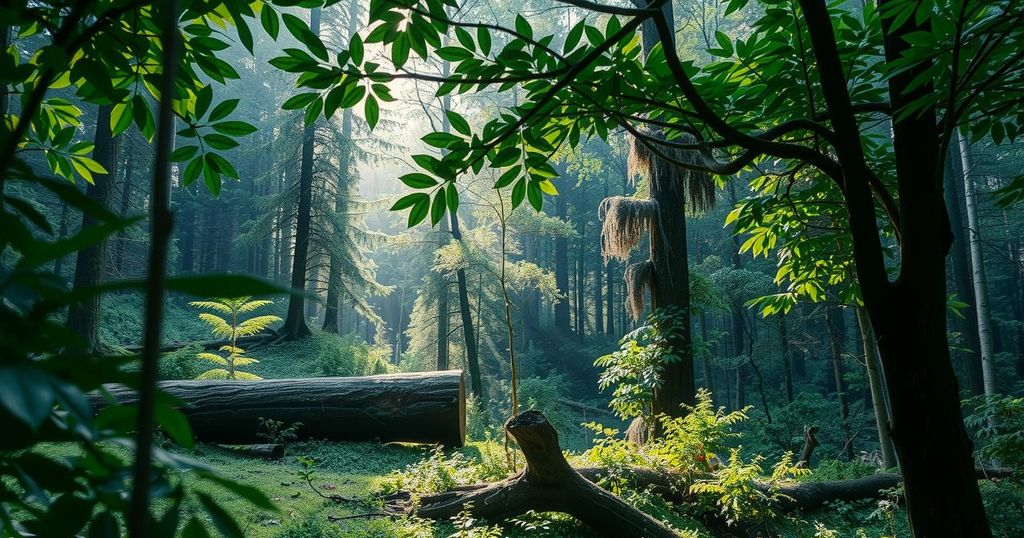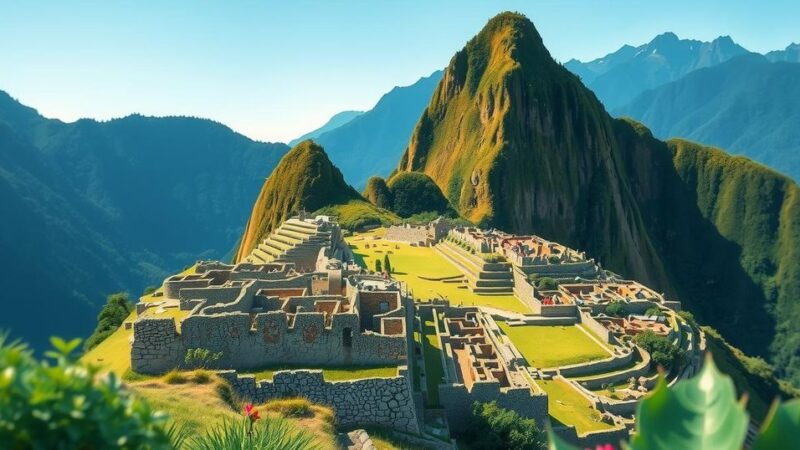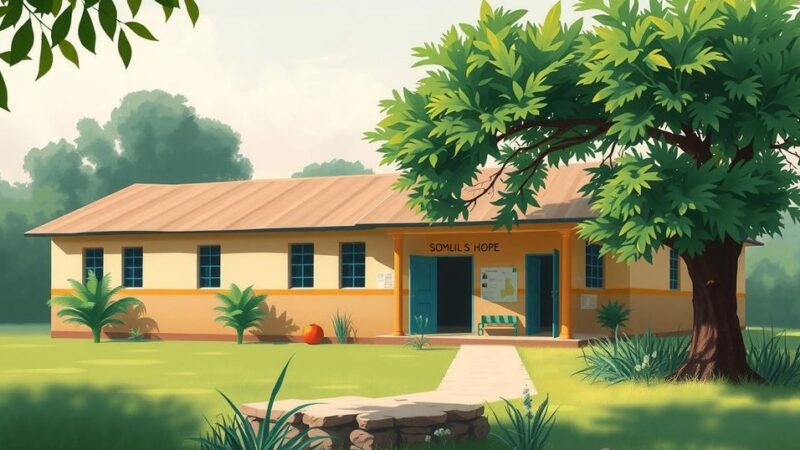Mongabay’s “Blood Timber” series receives recognition for investigating illegal logging violence against the Guajajara Indigenous people in Brazil. The series links environmental crimes to the killings of community members, highlighting a history of impunity. With federal prosecutors now employing Mendes’s findings in court, hopes for justice are being reignited amid ongoing violence in the region.
Mongabay’s series “Blood Timber” has received an honorable mention at the Banrisul ARI Journalism Award for its investigation into illegal logging and cattle ranching in the eastern Brazilian Amazon. Journalist Karla Mendes documented the disturbing association between environmental crimes and the violence faced by the Indigenous Guajajara people, particularly in the Arariboia Indigenous Territory of Maranhão state.
The series details recent incidents of violence where four Guajajara individuals were killed and three others were targeted for assassination in 2023, marking one of the most dangerous years for Indigenous residents in the area. Historical records show this level of violence against Indigenous individuals has remained consistent, with similar numbers reported in 2007, 2008, and 2016.
José Maria Paulino Guajajara expressed his frustration with ongoing violence, stating, “We Indigenous are dying. There’s no justice. I’ve never seen a white man who killed an Indigenous [person] imprisoned.” He recounted the tragic loss of family members to loggers, including the death of his son Paulo in 2019 during an alleged ambush by illegal loggers.
An investigation by Mendes revealed that from 1991 to 2023, 38 Guajajara people were killed under similar circumstances, yet no one has been convicted. Federal prosecutors are reportedly utilizing Mendes’s findings in trials related to these killings, offering some hope of justice for the Guajajara community following Paulo’s murder.
Mendes’s findings indicate a notable increase in violence against Indigenous individuals in mid-2023, coinciding with the construction of an illegal airstrip near a vital water source for the Guajajara tribe. This development, which overlaps with several farms, raises suspicions about the involvement of local farmers.
While a police inquiry is pending, the alignment of these events casts doubt on the activities of those constructing the airstrip and their potential connection to the violence facing the Guajajara. This investigative series stemmed from Mendes’s fellowship opportunity with the Pulitzer Center’s Rainforest Investigations Network.
The escalating violence against Indigenous communities in Brazil, particularly the Guajajara people in the eastern Amazon, is fueled by illegal logging and agricultural activities. The Arariboia Indigenous Territory has been a focal point for these crimes, and the series “Blood Timber” sheds light on the lethal consequences of environmental degradation and resource exploitation. It emphasizes the need for justice and accountability to protect Indigenous rights and environmental integrity in the region.
The honorable mention of the “Blood Timber” series highlights the urgent need to address the violent realities faced by Indigenous populations in Brazil due to illegal logging and land encroachment. The ongoing fight for justice, as voiced by individuals like José Maria, signifies a critical call to action for law enforcement and governmental organizations to protect Indigenous rights and lands.
Original Source: news.mongabay.com






